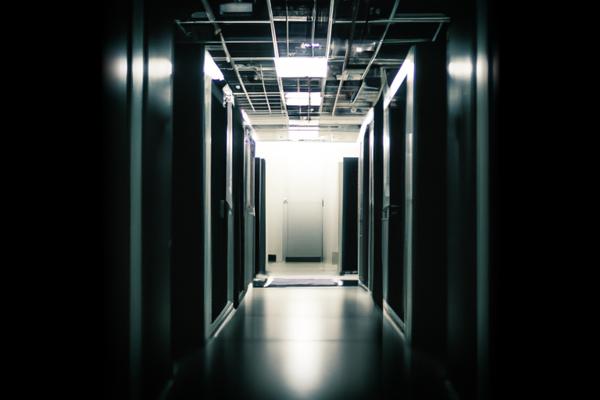The City of Wichita [1] [4] [5] [6], Kansas recently experienced a ransomware attack [1] [4], leading to a partial shutdown of its computer network and impacting various digital services.
Description
Following the ransomware attack [3] [6], the City of Wichita had to shut down its computer network to prevent further spread of the malware. This led to disruptions in online payment systems for water bills and court citations, as well as other digital services such as bill payments, license applications [6], public-space reservations [6], and airport Wi-Fi [6]. While essential services by first responders remained operational [1], email systems and city employees were affected [3], requiring cash payments for many city transactions [3]. Law enforcement agencies are implementing business continuity measures and conducting a thorough review to assess the impact on data, including potential data compromise [4]. Third-party specialists are working to restore the network securely [6], as many city systems remain offline [6]. Federal investigators and law enforcement are assisting with the investigation [2], and the city is taking a cautious approach to restoring services on a staggered basis to minimize disruptions. Ransomware attacks are a growing concern for governments [3], with large organizations like cities having multiple points of access that can be exploited [3]. Restoring systems after such an attack is a complex process that can take weeks or months [3]. Wichita is not alone in facing these issues [3], as Kansas City [3], Missouri’s municipal court has also been impacted by a ransomware attack [3]. Public safety remains a top priority [5], with city services operating without technology, resorting to pen and paper [5]. Water systems are functioning normally [5], but residents must make payments in person [5]. The city is conducting a detailed assessment of the incident [5], with the possibility of data compromise [5], and negotiations with the threat actor may be underway [5]. Residents are advised to be cautious of unsolicited communications [5], as personal data stolen in ransomware attacks can be used for phishing scams [5]. Consider using a data monitoring service for added protection [5].
Conclusion
The ransomware attack on the City of Wichita has had significant impacts on its digital services and operations. Mitigations are being implemented to restore the network securely and prevent future attacks. The incident highlights the growing threat of ransomware attacks on governments and the importance of cybersecurity measures to protect sensitive data. Residents are urged to remain vigilant and take precautions to safeguard their personal information.
References
[1] https://www.infosecurity-magazine.com/news/ransomware-strikes-wichita-systems/
[2] https://me.pcmag.com/en/security/23441/ransomware-attack-hits-city-of-wichita
[3] https://www.kwch.com/2024/05/07/systems-down-city-wichita-investigates-ransomware-attack/
[4] https://www.scmagazine.com/brief/ransomware-attack-disrupts-kansas-city
[5] https://www.bitdefender.com/blog/hotforsecurity/ransomware-attack-city-of-wichita-pen-and-paper/
[6] https://statescoop.com/wichita-kansas-ransomware-attack/





